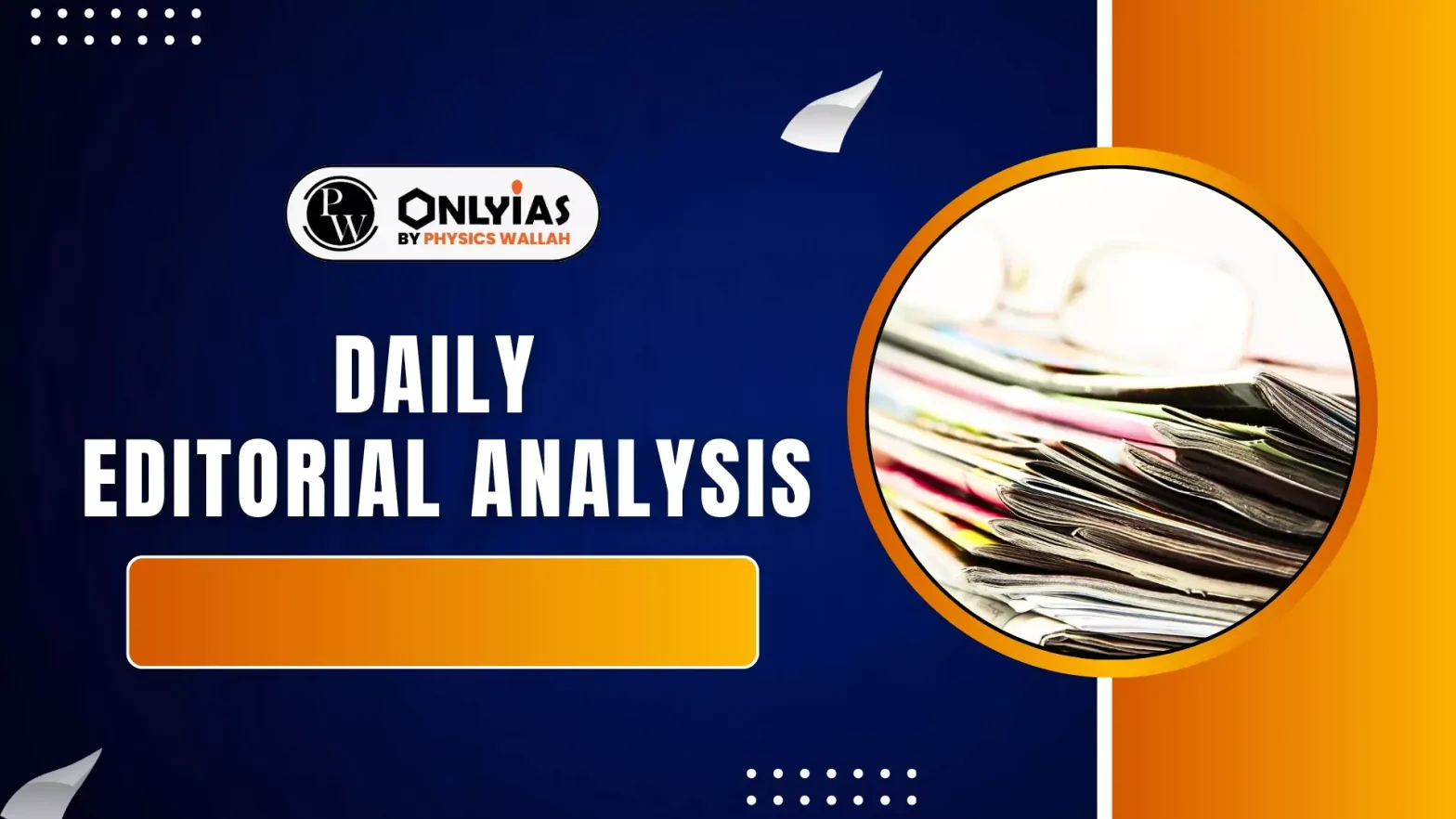![]() 19 Nov 2025
19 Nov 2025

India’s deregulation efforts through laws like the Jan Vishwas Acts aim to simplify compliance and shift toward a trust-based governance model.
Check Out UPSC CSE Books
Visit PW Store
The purpose of deregulation is to discipline the State, not the citizen. Legitimacy rests on clarity in law rather than the force of enforcement.
| Mains Practice |
|---|
<div class="new-fform">
</div>
